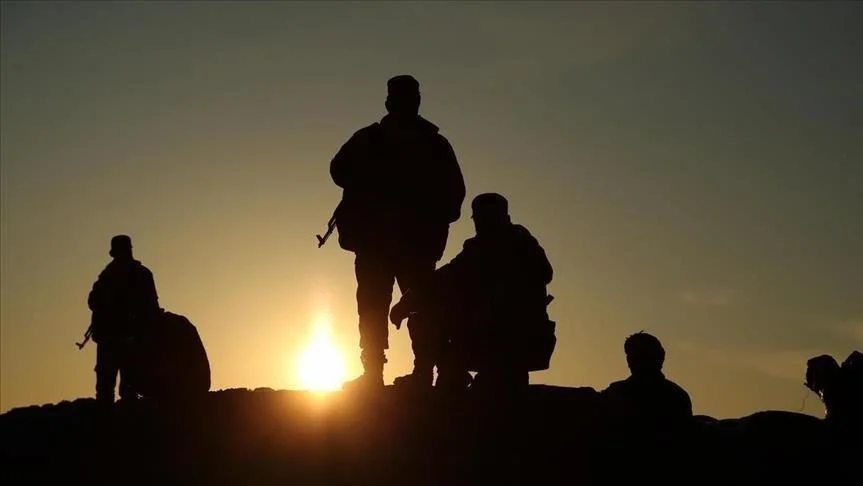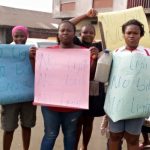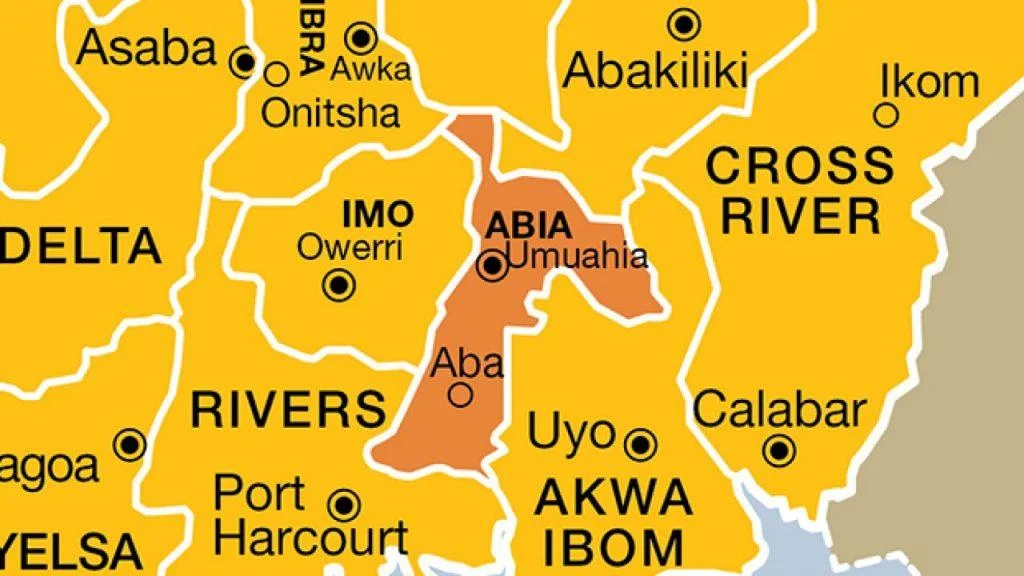There is palpable fear in the land. This is not a time to embark on journeys anyhow. It appears kidnappers have been let loose. From the North to the South, the story is the same. The West and the East are not spared.
The fear of kidnappers has become the beginning of wisdom. The menace keeps getting closer by the day. Clergymen are victims. Traditional rulers are under siege. Farmers are not safe. Travellers are at the mercy of criminals. Those at home also cannot sleep with two eyes closed.
At the church where I worshipped on Sunday, two worshippers shared details of how they narrowly escaped these armed men during the testimony section of the service. We all listened with fear to how these persons passed through the valley of the shadow of death. We could relate because the road they talked about is a road we ply daily, the notorious Lagos-Ibadan Expressway.
The first testifier, as we call them in church circle, betrayed emotion and wept while recounting his ordeal. He searched for a handkerchief in his pocket. When he could not find it, he resorted to using his palm to clean his teary eyes.
According to him, he was in a commercial bus heading to Lagos from Ibadan, Oyo State capital. The journey was smooth up until they got to the Ogere end of the Lagos-Ibadan Expressway where they ran into the confusion created by gun-wielding hoodlums who had taken over the ever-busy highway in broad daylight. Yes, broad daylight because he left Ibadan around 3 pm. The journey from Ibadan to that spot cannot be up to two hours, all things being equal.
According to him, he saw death personified. While occupants of the 18-seater bus he was travelling in were running out of the vehicle through the door and the windows amidst indiscriminate shooting by the armed men, he found it difficult to do the same on time probably due to his location inside the bus.
The man ended up being the last person that came down from the bus. He could not explain how and why bullets did not hit him despite that the gunmen were shooting at close range. He also did not say how he was able to run far into the bush and fast enough to escape abduction. His case must be similar to that of Alara of Ara in the Ikole Local Government Area of Ekiti State, Oba Adebayo Fatoba, who narrated how he managed to escape from gunmen who attacked two of his colleagues last Monday. After giving details of how he “miraculously” escaped from the scene, the monarch was quick to add, “People who said that I disappeared, I want them to know that it is a lie. I ran to the security guards….” That clarification was indeed necessary.
In the case of the man giving testimony in the church, by the time the confusion ended, according to him, no fewer than 50 persons were abducted by the gunmen, including at least five persons from the bus he was travelling with. Being an eyewitness, he faulted media reports of the attack which he said put the number of those kidnapped at five.
The truth is that many cases of kidnapping across the country are either not reported or are underreported. This is not the fault of journalists, however. They are restricted to the information available to them.
There are family members who will prefer to handle their issues as discreetly as possible in order not to put the lives of their loved ones in the kidnappers’ den in danger. Those will quietly raise and pay the ransom requested without involving security agencies that they cannot trust.
You cannot blame them. I have had my share of the psychological torture people in distress can be subjected to by security agents they run to help.
Some years back, my car was stolen in front of a bank in Abuja. I wanted to use the bank’s Automated Teller Machine. I was not away for long because the machine was out of service. By the time I returned to the spot where I parked the car less than five minutes later, I was searching for the car as if it was a needle that was missing.
In that confused state, I was advised to rush to the Central Police Station located inside the Federal Secretariat. You can only imagine what was going through my mind when the policewoman who attended to me told me to buy airtime for the telephone that she would use to communicate to a department that would send a signal out to checkpoints with details of my car.
When she saw the surprise and frustration on my face, she amended her presentation and gave me the option of using my telephone to send the details and she will subsequently use the same phone to talk to her colleagues on the other side. I settled for that option reluctantly.
With that done, she came up with the idea of using a tracker when she saw in my statement that my iPad mini was inside the car. The idea sounded good at face value until I was directed to the unit in charge of tracking and I was told the bill. That car was not recovered till today.
Many years later, I later discovered that the tracking is being done by private firms. The police pay for it too. I realised that last year when I was robbed on the Lagos-Ibadan Expressway, (yes, that road again) and my phone was stolen. I again reported at a nearby police station. I was there when the policemen were discussing with those who would do the tracking and they insisted on N50,000. For a long time, those tracking the phone kept saying it was inactive. Again, that chapter has closed.
I went this route to show how extremely difficult it is to burst criminal activities in the country, hence, the decision of many to lick their wounds quietly when they are confronted with such a situation rather than relying on help that may not come.
The question, however, is for how long will Nigerians continue to live at the mercy of these marauding criminals who are daily looking for prey? Nigerians are already fighting too many battles in the form of high costs of food, drugs and other essential items. Adding the fear of kidnappers, which appears to have become the beginning of wisdom, to the growing list will be too much for them to bear.
Governments at all levels must therefore rise to their primary responsibility of protecting lives and property. That is the least expected of them.







2 Comments